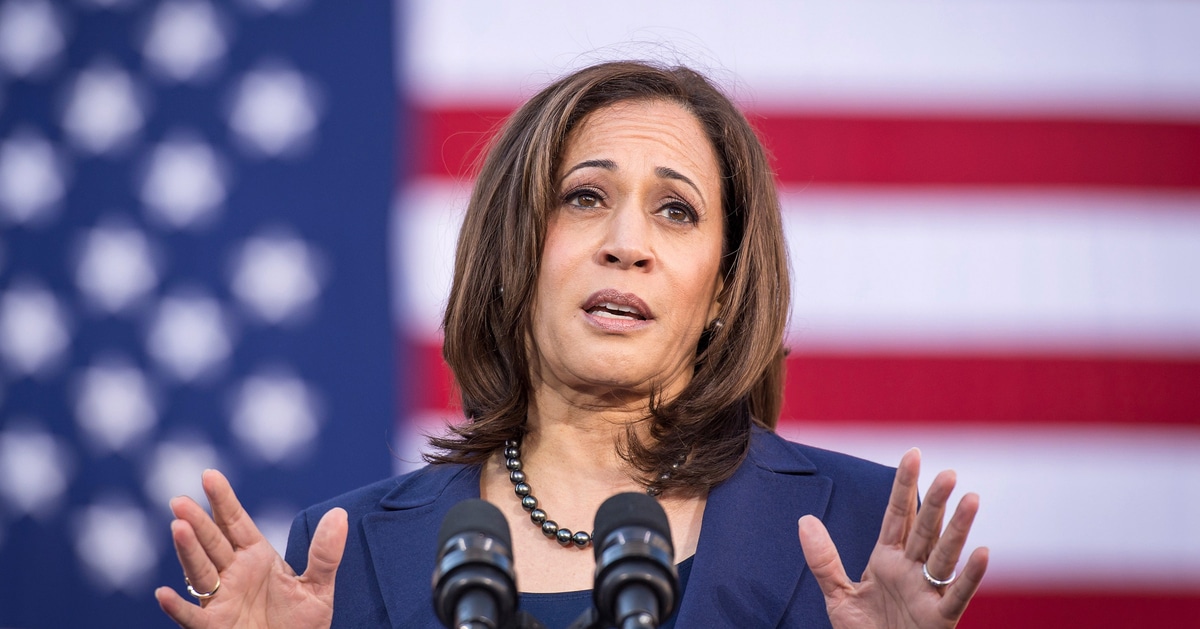





In a surprising break from typical partisan divisions, Democratic Senators John Fetterman of Pennsylvania and Tammy Duckworth of Illinois have expressed potential support for several nominees put forward by President-elect Donald Trump, including Marco Rubio for the position of secretary of State.
Just The News reported that these Democratic senators' openness marks a notable shift against historical norms, where Cabinet nominations have been contentious, with some even being retracted or voted down.
Appearing on various Sunday morning talk shows, both Fetterman and Duckworth shared their willingness to assess the credentials and proposals of Trump's appointees, signaling a possible bipartisan collaboration in confirming key governmental positions.
Fetterman has openly backed Marco Rubio, emphasizing the importance of dialogue in the political process. "I'm open to a dialogue to hear what he has to say," Fetterman stated. His stance reflects a readiness to evaluate nominees based on merit rather than party alignment, a perspective that could influence others in the political sphere.
Interestingly, Senator Fetterman also pointed out that he bears no ill will towards Dr. Mehmet Oz, whom he defeated in the Pennsylvania Senate race in 2022. This aspect of his approach speaks to a broader tendency for connection across party lines, crucial for a functioning democratic process.
Duckworth, speaking on CNN's "State of the Union," conveyed her intent to listen to Rubio during his confirmation hearings, highlighting an existing rapport from their time serving together in the Senate.
"We have a friendship," she noted, underscoring the multifaceted relationships that exist within the political landscape, which can transcend partisan boundaries.
The joint willingness to consider Trump's nominees could help offset entrenched political tensions and promote a more cooperative atmosphere in shaping the incoming administration's Cabinet.
Historically, the process of Cabinet nominations has been fraught with political skirmishes, with many nominees facing opposition and at times being forced to withdraw. A recent example is Matt Gaetz's withdrawal from consideration for attorney general, illustrating the contentious nature of such appointments.
The Senate's last outright rejection of a Cabinet nominee occurred in 1988 with John Tower, former President George H.W. Bush’s pick for secretary of defense. This exemplifies the stakes involved in confirmation processes and how pivotal Senate endorsements are.
While the instances of complete rejection are few, the process is often rigorous, involving detailed vetting and sometimes contentious hearings. Democrats Fetterman and Duckworth’s stance could serve as a precursor to smoother confirmations amidst typically fractious procedures.
Rubio’s consideration for secretary of State comes with its own set of expectations and challenges. His past political career and policy positions will likely be scrutinized by both political allies and adversaries during confirmation.
These developments can potentially pave the way for a new collaborative approach in government, one that emphasizes policy discussions over party allegiance. This could impact the way future nominations and confirmations unfold in a Washington that often sees deeply polarized debates.
As both senators have set a precedent by extending an olive branch across the aisle, this may encourage broader dialogues and possibly, novel alliances, shaping the direction of the nation’s policies and priorities. The willingness to negotiate and engage in open discourse is vital in any prospective reshaping of political dynamics.
The Senate’s unique role in confirming presidential appointments necessitates a degree of bipartisan collaboration, and efforts from senators like Fetterman and Duckworth are critical in this regard.
With their active participation in discussions around the nominees, they are setting the stage for how their Democratic peers might approach future confirmations.
Their methods could serve as a tactical lesson in unity, showing that bipartisanship at the Senate level is possible, even under a politically divided landscape. With both Democrats and Republicans expected to partake in these deliberations, the actions of these senators will be closely watched.
In a time when the political climate is often described as divisive, such gestures of cooperation signal hope for consensus and constructive dialogue. This may ultimately set a positive precedent for the political discourse moving forward, encouraging lawmakers to prioritize governance over party politics.
As the confirmation hearings approach, all eyes will be on how these bipartisan efforts unfold and influence the composition and effectiveness of the incoming administration.



